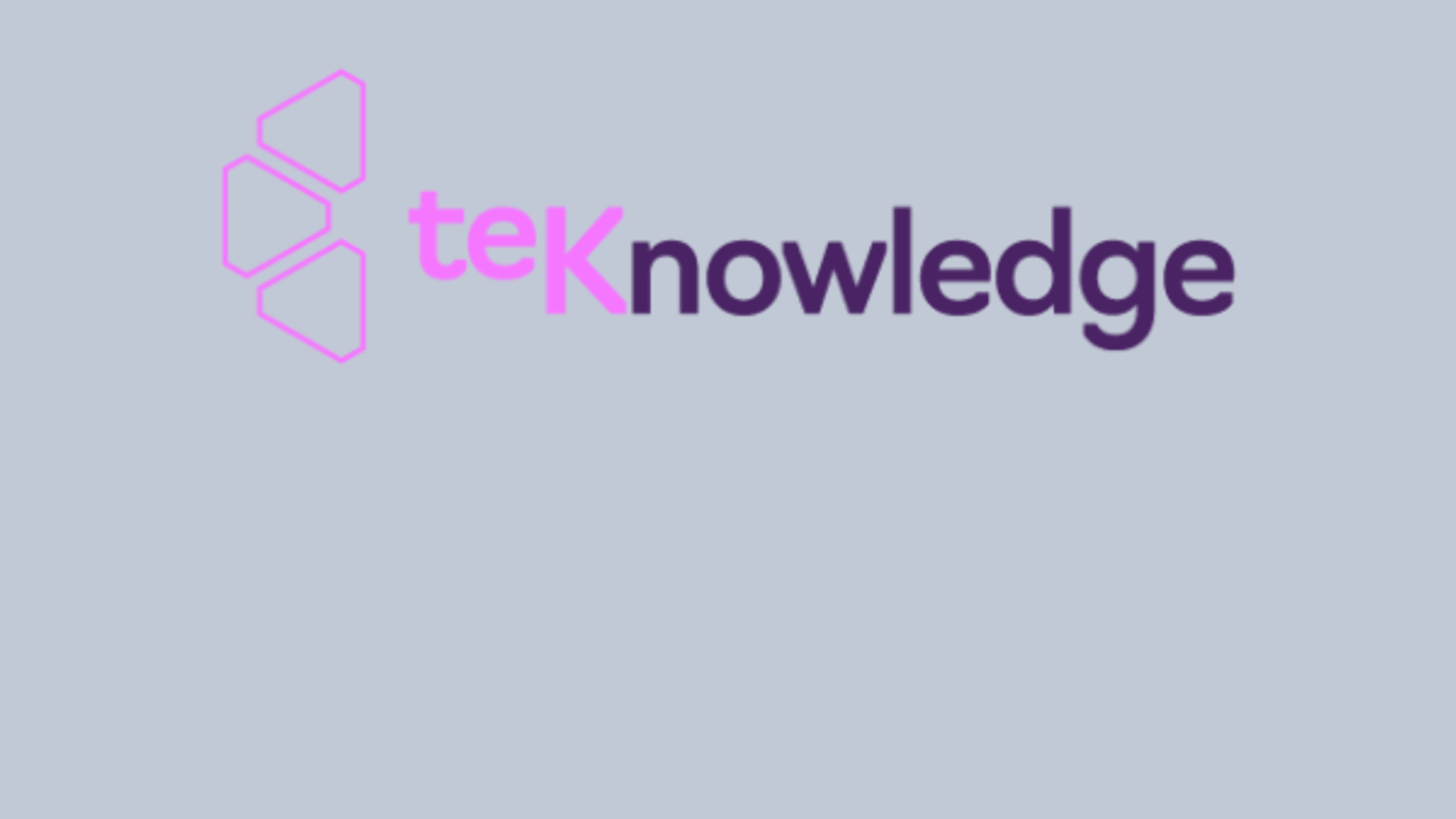Summarized by AI Model:google/pegasus-newsroom
Video on msnbc.com: Sauki is an AI-driven tool that creates concise summaries from mathematical modeling publications. The program allows users to easily upload mathematically modelled public health research, choose the style of brief they want, and generate them. The briefs come in four different difficulty levels, ranging from academic briefs that serve as a virtual assistant for researchers, assisting them in completing literature reviews more rapidly, to general public briefs that aid journalists or members of the general public in better understanding public health issues.Summarized by AI Model:facebook/bart-large-cnn
Sauki is an AI-driven tool that creates concise summaries from mathematical modeling publications. The program allows users to easily upload mathematically modelled public health research, choose the style of brief they want, and generate them. Sauki enables decision-makers and funders, many of whom may not be public health specialists, to make better decisions.Summarized by AI Model:google/pegasus-multi_news
– "Sauki is a step towards ensuring that everyone can see public health solutions." So says Chijioke Kaduru, managing director of global social enterprise Corona Management Systems, which has launched Sauki, an AI-driven tool that creates concise summaries from mathematical modeling publications, Fast Company reports. The program allows users to easily upload mathematically modelled public health research, choose the style of brief they want, and generate them. The briefs come in four different difficulty levels, ranging from academic briefs that serve as a virtual assistant for researchers, assisting them in completing literature reviews more rapidly, to general public briefs that aid journalists or members of the general public in better understanding public health issues. "In our 10 years of work across Africa, we have observed how the lack of accessible information hinders both policy impact and research progress," says Don Aadum, Innovation Specialist at CMS. Sauki enables decision-makers and funders, many of whom may not be public health specialists, to make better decisions. Additionally, it fosters cooperative problem-solving by bridging the gap between socioeconomic research and public health modeling. This is significant since subject matter experts and those with financing are sometimes not the same individuals. "Additionally, a platform that facilitates communication between socioeconomic researchers and public health modeling professionals is necessaryIn an effort to increase access to public health research for decision-making and interdisciplinary learning for audiences both scientific and non-scientific, Corona Management Systems (CMS) has introduced Sauki, an AI-driven tool that creates concise summaries from mathematical modelling publications.
Sauki’s moniker, which translates to “simple” or “easy” in the Hausa language, which is widely spoken in West Africa, helps both academic and non-academic audiences, such as journalists and policymakers, better understand technical material from modelling research. The program allows users to easily upload mathematically modelled public health research, choose the style of brief they want, and generate. The briefs come in four different difficulty levels, ranging from academic briefs that serve as a virtual assistant for researchers, assisting them in completing literature reviews more rapidly, to general public briefs that aid journalists or members of the general public in better understanding public health issues.
“In our ten years of work across Africa, we have observed how the lack of accessible information hinders both policy impact and research progress,” said Don Aadum, Innovation Specialist at CMS, emphasising the special need for such a tool. Sauki enables decision-makers and funders, many of whom may not be public health specialists, to make better decisions. Additionally, it fosters cooperative problem-solving by bridging the gap between socioeconomic research and public health modelling.
This is significant since subject matter experts and those with financing are sometimes not the same individuals. Additionally, a platform that facilitates communication between socioeconomic researchers and public health modelling professionals is necessary because many socioeconomic studies have consequences for public health. We are thrilled to offer a solution that can assist in accomplishing these two crucial goals in addition to many others. Sauki is a component of an expanding initiative to use AI to improve public health outcomes. AI’s application in public health has significantly enhanced disease prevention, diagnosis, treatment, and the encouragement of good lifestyle choices. Additionally, as demonstrated by the early detection of hazards like COVID-19, the development and application of AI has been essential in early detection, warning us of health risks resulting from human activity or environmental variables.
The Managing Director of CMS, Chijioke Kaduru, underlined Sauki’s function within the broader framework of Africa’s public health trajectory. “Our ability to comprehend the nature of the challenges we face will determine how far Africa can advance in addressing public health issues,” he said. “Sauki is a step towards ensuring that everyone can see public health solutions.” With offices in Nigeria, Kenya, Cameroon, Lesotho, the Democratic Republic of the Congo, and Canada, CMS is a global social enterprise. CMS wants to keep being at the forefront of integrating AI and public health to promote good change, with a focus on technical and management assistance for creative health and social development initiatives.


